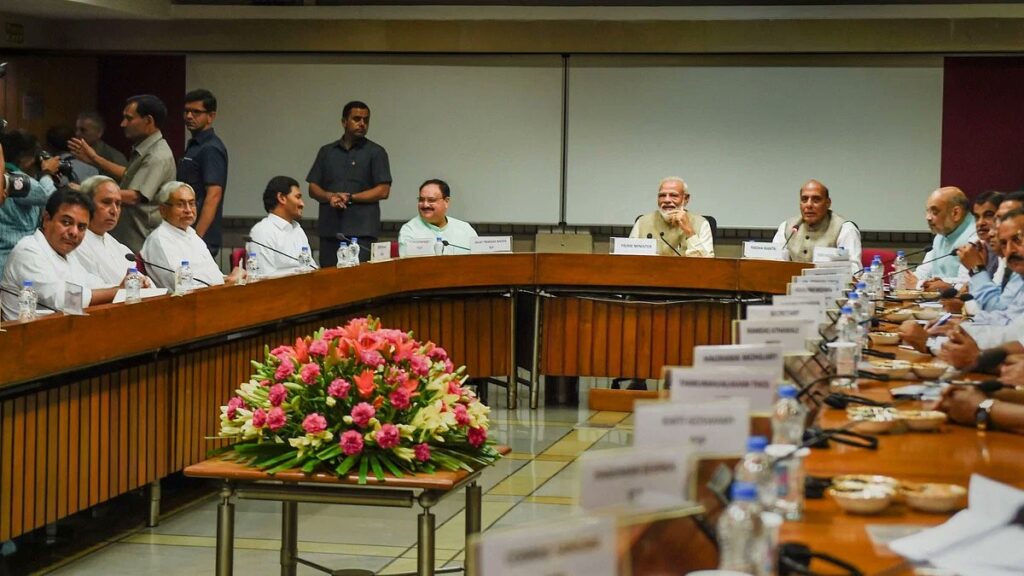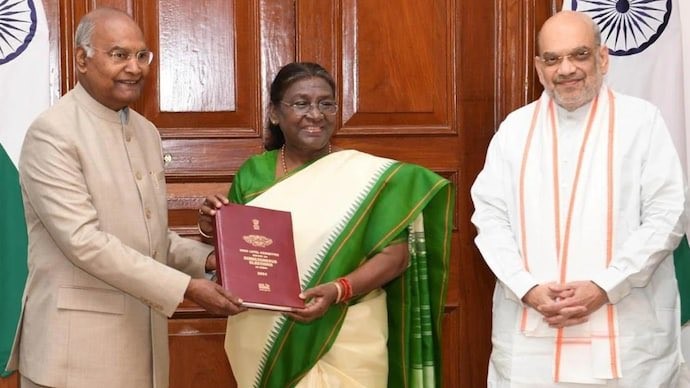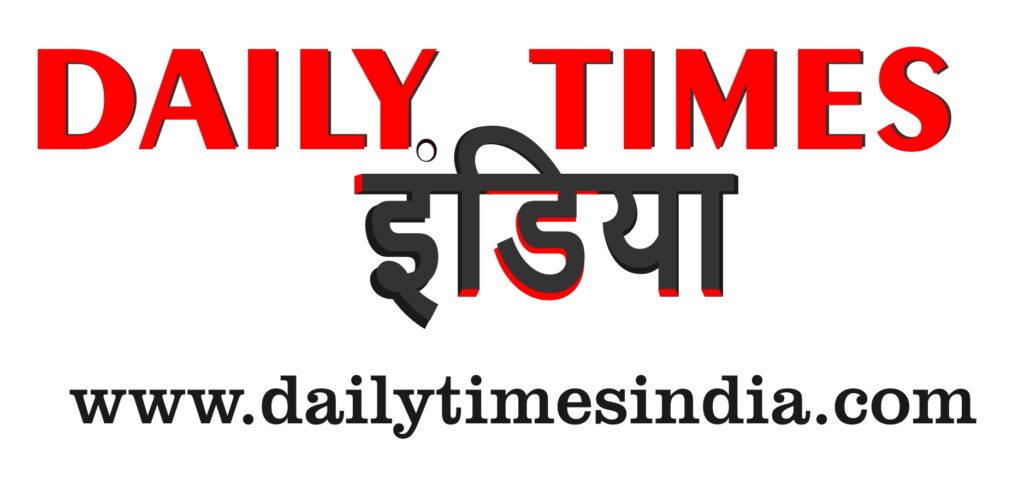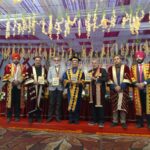New Delhi: The Indian government has approved the much-debated “One Nation, One Election” (ONOP) proposal, a transformative policy aimed at synchronizing elections for the Lok Sabha and state assemblies. This move, passed by Prime Minister Narendra Modi’s Cabinet, seeks to simplify the election process, reduce costs, and address logistical challenges in conducting separate elections in the world’s largest democracy.

A bill to formalize this proposal will be introduced in the Winter Session of Parliament. The decision follows a report from a high-level committee, led by former President Ram Nath Kovind, which recommended implementing ONOP. The Kovind-led panel proposed a two-stage execution plan, starting with simultaneous elections for the Lok Sabha and state assemblies, followed by local body polls shortly after.

During his Independence Day speech, PM Modi advocated for ONOP, stating that frequent elections disrupt national progress. Supporters of the proposal, including the Bharatiya Janata Party (BJP), argue that it will significantly cut down election-related expenditures and ease administrative burdens across India’s 28 states and 8 Union Territories.
However, the move has sparked fierce opposition from various political factions. Congress President Mallikarjun Kharge and other opposition leaders criticized the idea, with Kharge asserting that democracy thrives on the flexibility of holding elections as needed. The Shiv Sena, Samajwadi Party (SP), and Trinamool Congress (TMC) have also voiced strong objections, with AIMIM leader Asaduddin Owaisi expressing concerns about the impact on federalism and the democratic process.

The BJP, meanwhile, stands firm, emphasizing the financial and logistical benefits of the proposal, with Janata Dal (United) expressing its support. The proposal, though divisive, marks a significant step toward reshaping India’s electoral framework, a concept first introduced in the 1980s and previously implemented between 1951 and 1967 before disruptions in electoral cycles.
As debate intensifies, the Winter Session is expected to witness vigorous discussions as both proponents and detractors of ONOP prepare to make their case.






